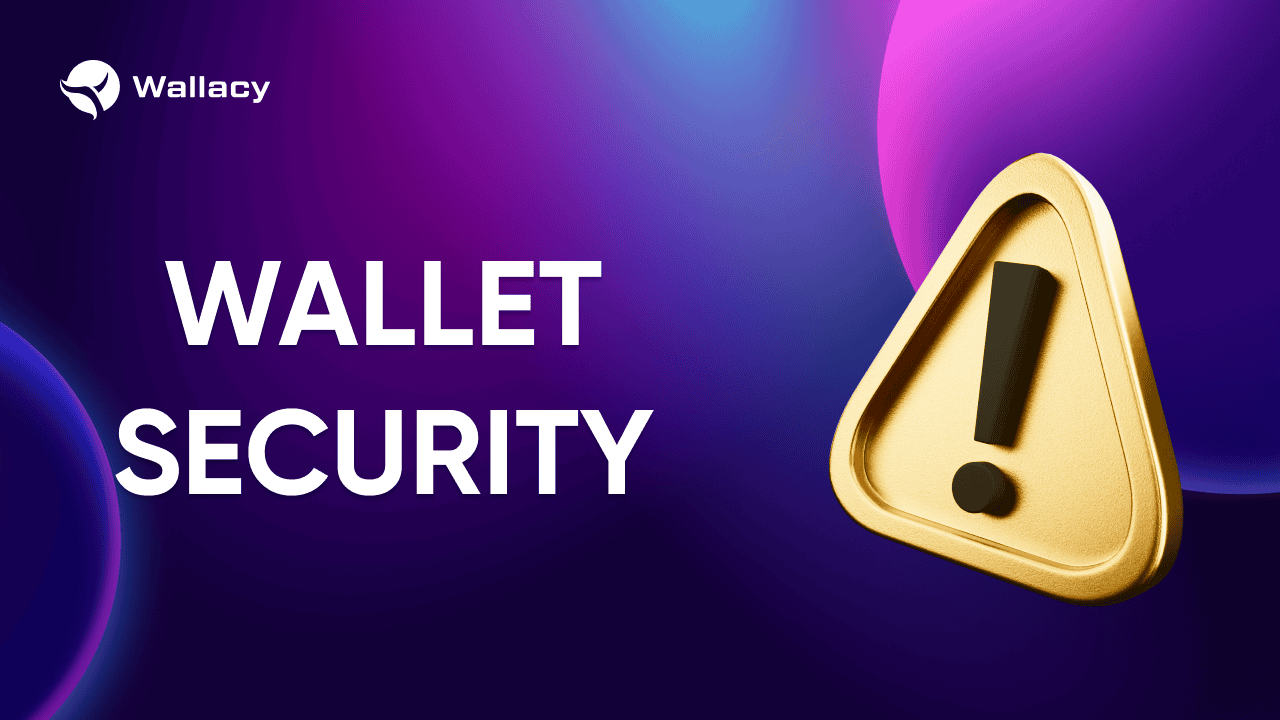Crypto Wikipedia
Search our knowledge base or browse categories below.
Understanding wallet security

Wallet security is an important consideration for anyone using a cryptocurrency wallet. Here are some key factors to consider when it comes to wallet security:
- Private Keys: Private keys are the secret codes that allow you to access and manage your cryptocurrency assets. It’s important to keep your private keys secure and never share them with anyone. Consider storing them offline in a secure location or using a hardware wallet that stores your private keys offline.
- Passphrases: Many cryptocurrency wallets allow you to use a passphrase in addition to your private key for added security. Consider using a strong and unique passphrase that is difficult to guess or brute-force.
- Two-Factor Authentication: Many wallets offer two-factor authentication (2FA) as an additional layer of security. This can include a verification code sent to your mobile device or an authentication app.
- Multi-Signature: Multi-signature (multisig) wallets require multiple signatures or approvals to initiate transactions, adding an extra layer of security.
- Updates and Patches: Make sure to keep your wallet software up to date with the latest security patches and updates to protect against known vulnerabilities.
- Phishing Scams: Beware of phishing scams that attempt to trick you into giving up your private keys or login credentials. Always verify the authenticity of emails and links before clicking on them.
- Backups: Regularly backup your wallet to ensure that you can recover your assets in the event of a lost or stolen device or other unforeseen circumstances.
By following these best practices and taking additional measures to secure your wallet, you can help protect your cryptocurrency assets and ensure that your transactions are secure and private.